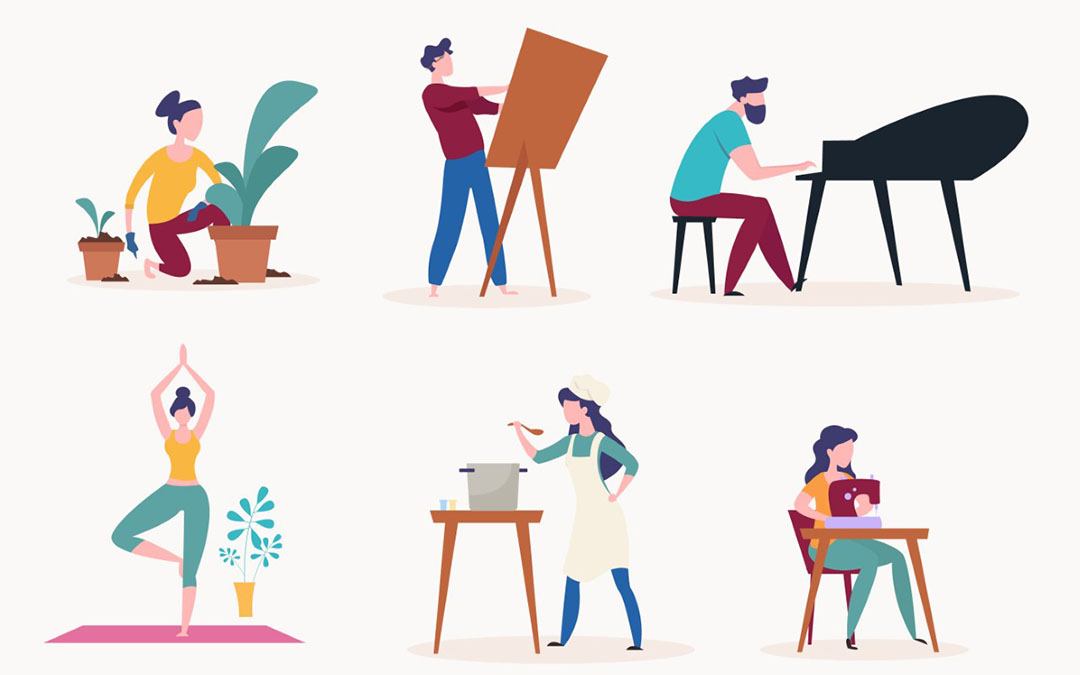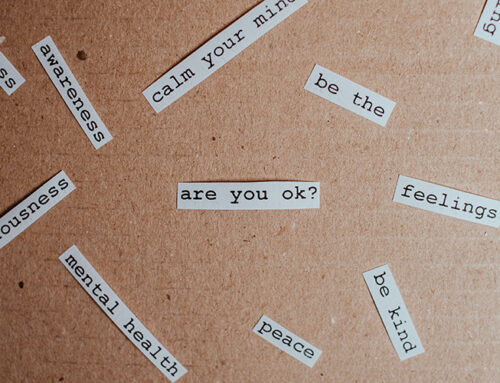We are at a time in life where very little is “normal.” Everyone is struggling in some capacity or another. The young adult age group is facing a unique challenge in that while they are more technologically connected, their fears and anxieties have led to social isolation. This has impacted their ability to establish themselves as independent individuals, create an identity, develop emotional stability, and focus on their education and career paths. The essential skills of budgeting, maintaining a home, and networking have also been affected, as many young adults have moved back in with their families. The pandemic has undoubtedly presented itself as an obstacle in the lives of young adults, making resilience-building an even more important skill to master in the current times.
Resilience requires evolving as a result of all that is learned and experienced through the pandemic. We are all born with the capacity to acquire resilience, but to do so effectively one must make sure to get enough sleep; participate in regular physical activity; eat healthy; and avoid alcohol, tobacco, and drugs; stick to a schedule; and stay connected with dear ones.
Positive thinking is another way to develop resilience. This does not mean you have to deny reality or the seriousness of a situation. Instead, positive thinking provides us with a tool to focus on solutions instead of becoming overwhelmed by fear and hopelessness.
Another way to nurture resilience is by re-visiting hobbies – something young adults quickly shun away from when faced with new challenges. Engaging in hobbies allows for distraction and “clearing of the mind,” which is a major step in the right direction to taking care of oneself. There is biological support that engaging in joyful activities leads to abundant and healthier connections between brain cells. Hobbies increase mental wellness by promoting the brain’s ability to reorganize itself by forming new neural connections, which allow the brain cells to compensate for injury and disease, as well as adjust their activities in response to changes in environment. By expanding the neural networks in our brains and making connections between circuits in the brain that might not have otherwise been connected, hobbies boost mood and modulate levels of feel-good hormones such as dopamine and opioids in the brain.
Engaging in hobbies is essential to a well-rounded life. Additional benefits include a more robust immune system, improved flexibility, better sleep quality, improved heart health, and a healthy weight. Hobbies provide a channel for developing problem-solving skills and coping during the pandemic, and also toward general self-improvement. When like-minded people interact, they experience better social and interpersonal relations, feel a sense of accomplishment, and regain a sense of control. When we engage in enjoyable activities, we lose track of time and feel removed from the stressors of everyday life, which is like a meditation. Hobbies are restorative for mental health and thus promote resilience and an optimistic outlook. Resilience goes hand in hand with persistence, which ultimately leads to successful outcomes.
 by Aditya Datt Sharma
by Aditya Datt Sharma
Aditya Datt Sharma is a Senior Undergraduate Neuroscience student at the University of Pittsburgh on the pre-med track.
Feature image created by pikisuperstar






